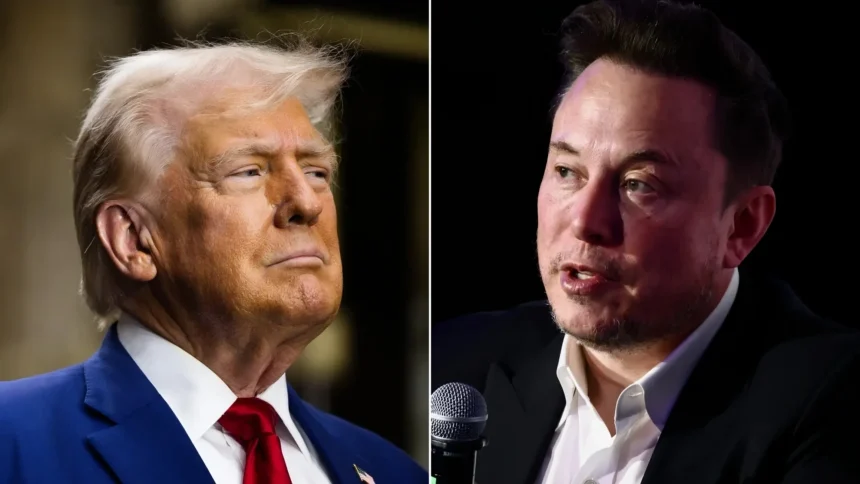Elon Musk and a prosecutor appointed by former President Trump are targeting those who expose key personnel within the Department of Government Efficiency (DOGE).
Musk, a self-proclaimed free speech advocate, is now issuing severe warnings against anyone revealing details about his team.
DOGE’s Shadowy Role in Government Overhaul
Musk’s DOGE initiative, established through Trump’s executive order, now controls several federal agencies, including the U.S. Agency for International Development (USAID).
Despite their limited government experience, young software engineers under DOGE’s command have gained access to classified data, communication networks, and sensitive personnel files.
Investigations recently exposed six key DOGE staff members, linking them to Musk and billionaire investor Peter Thiel.
This revelation sparked an immediate backlash, with Musk and top government officials fiercely defending the secrecy surrounding the initiative.
Musk built his reputation on championing free speech, but his reaction to the DOGE leaks tells a different story.
When users on X (formerly Twitter) named DOGE employees, Musk swiftly denounced the exposure as illegal.
Yet, no federal law explicitly prohibits identifying government-affiliated individuals.
In response, X removed posts containing the names, and accounts sharing this information faced suspension.
Musk’s swift censorship raises a critical question: Is he protecting his staff or controlling the narrative?
Federal Prosecutors Threaten Legal Action
Edward Martin, the acting U.S. attorney in Washington, took an even more aggressive stance. He publicly declared that anyone obstructing DOGE’s operations could face criminal charges.
In a letter to Musk, Martin assured him that the Justice Department would pursue legal action against those “targeting” DOGE personnel.
The FBI has already launched an investigation, signaling a serious crackdown on those who challenge the initiative.
Opposition to DOGE’s expanding power is growing. Veteran government employees have actively blocked DOGE staff from accessing classified systems, leading to heated confrontations.
At USAID, two senior security officials lost their jobs after refusing entry to DOGE representatives.
Critics argue that DOGE is more than an efficiency program—it’s a power grab.
With access to Treasury Department systems containing the personal data of millions of federal employees, Musk’s initiative could reshape government operations in ways that benefit private interests over public good.
Musk’s official designation as a “special government employee” under Trump’s administration cements his growing influence over federal operations.
His aggressive stance against whistleblowers suggests a broader effort to silence critics and control the flow of information.
Will transparency prevail, or will Musk’s expanding authority stifle dissent? One thing is clear: The battle between secrecy and accountability is only just beginning.
Clark is a 26-year-old expert working for consumer protection, Clark has dedicated years to identifying and exposing fraudulent schemes. He is working with NGOs to help people who are victims of scams. In his free time, Todd plays football or goes to a bar.







